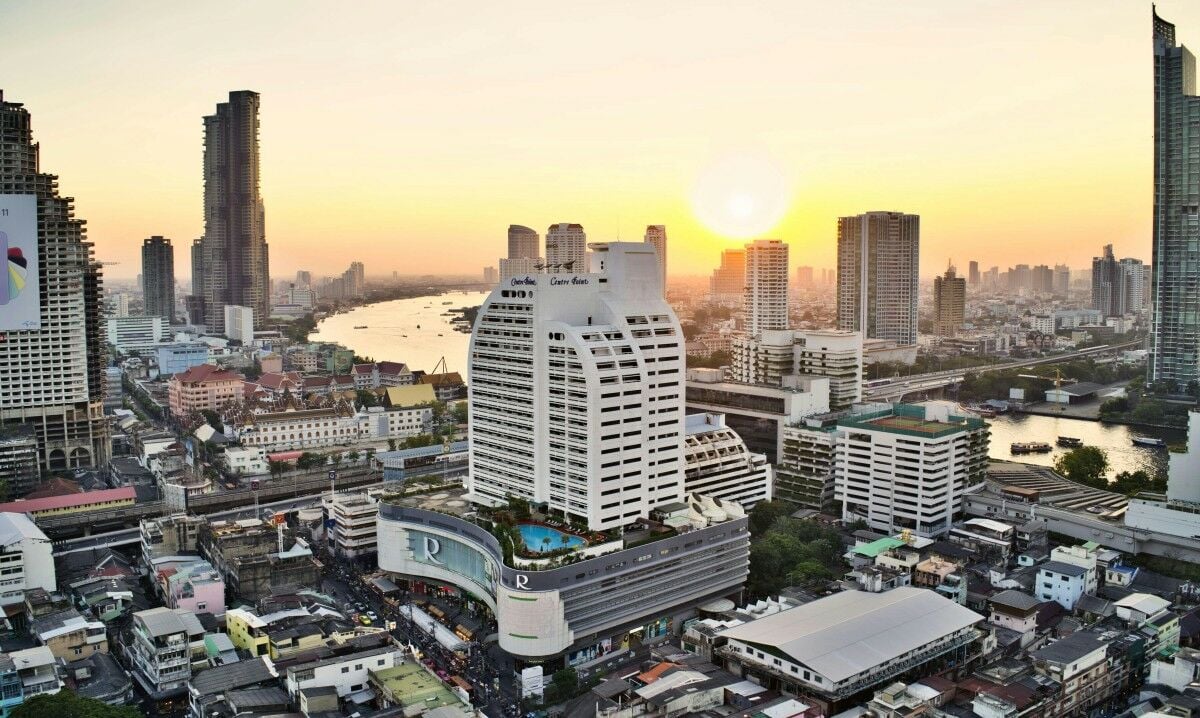New Hotel Act targets 500 unlicensed Thai hotels

The Tourism and Sports Ministry is set to propose a new Hotel Act specifically for small and medium-sized hotels, with the aim of registering over 500 unlicensed accommodations that currently cannot participate in the existing system.
Tourism Vice-Minister Jakkaphon Tangsutthitham reported that more than 90,000 small and medium-sized accommodations in Thailand do not qualify as hotel businesses under the current law.
The ministry has previously consulted with stakeholders from the tourism and hospitality industries, including the Department of Provincial Administration, the Tourism Council of Thailand, the Thai Hotels Association (THA), and guesthouse operators, to discuss the revision of the Hotel Act.
Although the revised bill is expected to reduce certain restrictions to support small and medium-sized hotels, Jakkaphon emphasised that safety remains a top priority. Operators are encouraged to upgrade their properties to meet new standards.
In the south, for instance, certain small guesthouses are unable to register due to environmental impact assessments, while northern operators face limitations imposed by city planning laws. Organisations responsible for enforcing these laws will be involved in formulating the new Hotel Act to ensure its comprehensiveness.
The draft regulation, proposed by the Tourism and Sports Ministry alongside the Interior Ministry, is anticipated to be discussed in Parliament in April.
Thienprasit Chaiyapatranun, the president of the THA, expressed openness to legalising more accommodations but stated that this alone does not address the primary issue. Many hostels and guesthouses are constrained not by the existing Hotel Act but by environmental and town planning laws.

Thienprasit pointed out that a revised Hotel Act cannot supersede these laws, and the definition of small and medium-sized hotels remains unclear from previous discussions. He also noted that numerous construction requirements for hotels have already been relaxed to accommodate smaller establishments.
For example, even old four-storey shophouses in Yaowarat can be renovated due to reductions in required space. He suggested that the government should amend ministerial regulations to solve issues on a case-by-case basis, a strategy he believes is quicker than amending the Hotel Act, which could take years, reported Bangkok Post.
Regarding tourism stimulus initiatives, Jakkaphon mentioned that the co-payment scheme for domestic tourism is slated for a June launch, offering 1 million privileges. The ministry plans to announce its strategy for the Thailand Grand Tourism and Sports Year 2025 on February 3, inviting public and private sector stakeholders to participate.
Latest Thailand News
Follow The Thaiger on Google News:


























